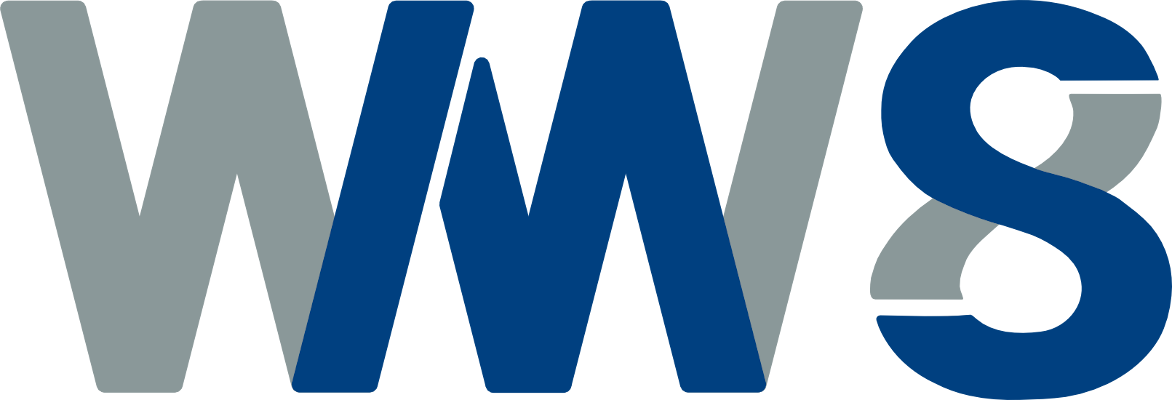
Institute of Materials Simulation
Website of the Institute of Materials Simulation
Wednesday, 21.03.2018, 17:00
WW8, Room 2.018-2, Dr.-Mack-Str. 77, Fürth
Traditionally, the deformation behavior of metals is separated into two categories, one of which is ductile and the other one is brittle. This distinction is based on the difference in motion concerning the main carriers of deformation, the dislocations. The brittleness of materials is explained by the counter force that the dislocations experience while they move through the medium. On the other side, ductility is associated with an easy motion of dislocations. Both of these concepts are based on the picture of an ordered arrangement of atoms, which is perfectly valid for most of the metals which are being used nowadays. Nevertheless, since the 1970’s a new kind of material was developed which lacked this criterion. Instead of regularly ordered, the atoms in these pieces of metal were chaotically placed, which resembles the structure of a glass, hence the name metallic glass. Under these circumstances the definition of a dislocation is not straightforward anymore and new concepts of deformation occurred. As is observed during laboratory experiments metallic glasses do – under moderate strain rates – not deform homogeneously, they rather show crackling behavior which is accompanied by the appearance of shear transformation zones (STZ).
The stochastic distribution of the crackling noise indicates that the essential parts of the deformation process are stochastic in nature, and therefore a fully deterministic approach (i.e. FEM, FDM, etc.) towards simulating this phenomenon might not be adequate.
In this thesis a stochastic modeling technique, namely the Kinetic Monte Carlo Method as well as the deterministic extremal dynamics method are put forward to elaborate a feature which couples a relaxation process with the deformation behavior of metallic glasses.
Our website uses cookies and similar technologies.
Some cookies are necessary for visiting this website, i.e. essential. Otherwise, without these cookies, your end device would not be able to remember your privacy choices, for example.
If you agree, we also use cookies and data to measure your interactions with our website or to integrate external media (e.g. videos).
You can view and withdraw your consent at any time at Privacy policy. On the site you will also find additional information about the cookies and technologies used.
Here you will find an overview of all cookies used. You can give your consent to whole categories or display further information and select certain cookies.
Notifications
